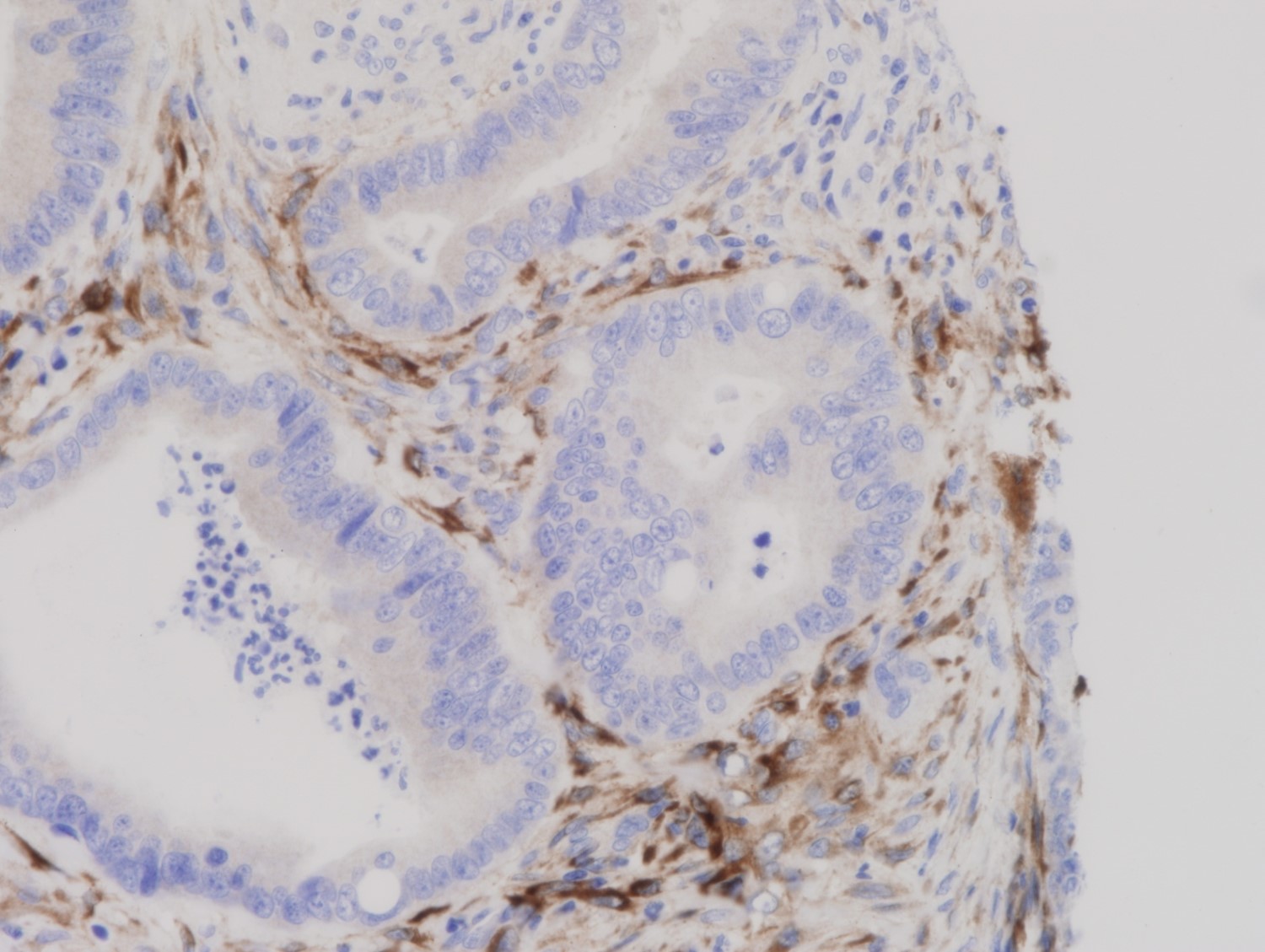Antiangiogenic drugs are used to battle some types of cancer. These drugs work by inhibiting angiogenesis, the development of blood vessels. Cancer cells can release signals that promote angiogenesis and cause nearby healthy cells to release those signals. The formation of new blood vessels is very important for tumor growth; cutting off this blood supply with antiangiogenics results in the tumor’s growth being halted. Currently, antiangiogenic drugs have been FDA approved for the treatment of certain cancers such as glioblastoma, colorectal cancer, and renal cell cancer.
Tyrosine kinase inhibitors (TKIs) are one category of antiangiogenic drugs. Tumors will often develop resistance to these drugs, however, by changing their primary energy source. While tumors typically rely on glycolysis, the breakdown of glucose, supported by angiogenesis, after prolonged exposure to the TKIs, they instead begin to rely on increased mitochondrial respiration for their energy.
Researchers at the Spanish National Cancer Research Centre (CNIO) have discovered a way to take advantage of this energy source change to fight tumor growth. By becoming reliant on mitochondrial respiration, tumors become vulnerable to drugs that block mitochondrial activity. The antidiabetic drug, phenformin, is a mitochondrial blocker. When tested in mice, researchers found that phenformin, administered sequentially after TKIs, resulted in the halting of up to 92% of tumor growth. The sequential dosage was found to be more effective than taking both the antidiabetic and the antiangiogenic drugs at the same time.
While phenformin has been recalled due to complications in diabetic patients, the drug is not harmful to non-diabetic people and is therefore, a good potential choice for non-diabetic patients seeking antiangiogenic therapy for their cancer. The research team plans to study the effects of the drug on angiogenic resistance in a clinical trial in the next six months, but the initial results are promising and suggest that antiangiogenic resistance of tumors is reversible.
Feature Image Source: Enzymlogic










